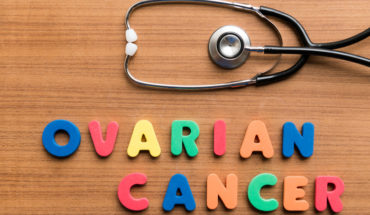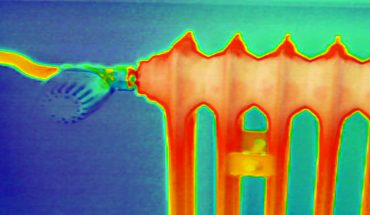A few years ago, as I was attending a medical dinner in London with 500 or more senior medical colleagues, I was disturbed that the guest of honour began his speech with the phrase: ‘We all understand that the most important ‘qualities’ of any doctor are compassion and empathy.’
I was even more concerned that there appeared to be no push back or dissent to this pronouncement by the gathered representatives of the British medical establishment.
I don’t know when it was decided that compassion and empathy become the new gold standard for good medical practice. I am even more confused as to who was responsible for that decision and in response to what problem? Clearly, it was someone of significant authority and influence as compassion and empathy are now both taught and tested in British medical schools and you fail to qualify as a doctor if you cannot produce it in an exam.
I am clearly alone in my confusion as to what ‘it’ is and what is the expected in improvement of teaching compassion and empathy for our patients.
My understanding is that both compassion and empathy are emotions or feeling elicited from an individual in response to a set of circumstances. The definition of empathy is the ability to feel someone’s pain an emotional response to suffering literally ‘to suffer together’ it’s a 20th-century invention/translation of the ancient Greek, the original meaning being an angry response to pain. Do we expect our doctors to feel all their patients pain or only those they like or feel are sick enough? Compassion more worryingly another emotion ‘an overwhelming urge to relieve distress.’
Are medical schools trying to teach medical students just to feel the emotional responses of compassion and empathy if so how? Are they expected to act on them? Are they expected to feel compassion and empathy for every patient with every problem? Is there a requisite amount of compassion and empathy they should feel appropriate to every occasion?
We are more likely to feel compassion and empathy when those we love are suffering. It is why it is considered unethical for doctors to treat their relatives and friends. Objectivity may be lost. Doctors may strive inappropriately to lessen their loved ones suffering, take risks they would not normally take or fail to take a risk that should be taken, outcomes may suffer. It is why compassion and empathy should never be a
pillar of any medical service.
Equally, if compassion and empathy are essential to the practice of good medicine how do we treat a patient we dislike or despise, a paedophile, for example, are we led by our emotions in this too.
Cynically I am making the assumption that in fact what medical schools are teaching is how to give the impression to a patient that you are feeling compassion and empathy to lull them into a false sense of security in order to get them to trust and like you so they will cooperate better with the system and if things go wrong they are less likely to cause trouble and complain.
Call me old-fashioned but I don’t agree with faking emotions and basing a therapeutic relationship with a patient on a lie. It is important that doctors take time to understand the fears, hopes and aspirations of their patients as well as making the diagnosis and managing their care. It is important that a patient feels understood and that their feelings are validated and acknowledged but manipulating patients by faking an emotional response is wrong.
Harold Shipman would have no doubt passed the empathy test with flying colours. His patients and their relatives loved and revered him he faked empathy brilliantly and used his rapport with patients to manipulate them. It is difficult to know whether his actions initially were driven by ‘ an overwhelming urge to relieve suffering ‘ the financial motivation perhaps developing later.
So if I don’t think compassion and empathy are important qualities in a doctor what a would I choose.
Well, essential qualities which would come equal first would be competence and integrity because the one without the other does not work. Nice-to-have extras would be the following, diligence, clear thinking, good communication skills, kindness and courtesy to both patients and colleagues.
Genuine, appropriate compassion and empathy in medicine are rare and valuable they should be used sparingly and when they can do most good.
Unlike the oily fake version used to smooth out the bumps on the road for the bored, the entitled and the worried well, or grease the wheels of a failing medical system, they cannot be taught.
It is exhausting and costly to truly feel another’s pain and to be overwhelmed by the urge relieve it.
Courage and resilience are required to choose to walk in the shoes of someone who has just suffered a great loss; to sit with the despair a woman feels when she is going home to an empty room and an empty cot. To understand the daily catastrophe of watching your child struggle and wondering if he would be whole and his life easier if you had made a different choice. To learn compassion and empathy from a patient whose world has fallen apart is an active choice – a choice not to sit on the sidelines and offer the platitudes you have been taught. It is raw, it hurts, it is exhausting and you lose and sometimes gain something of yourself. You do it because at that moment when she is isolated broken and completely alone you know you can reach her offer her comfort and help her begin to make sense of her world.
How tragic it has now become so devalued.
- An emotional neurosurgeon anyone? - 5th May 2016
- ‘Better Births?’ I’m afraid not. - 17th March 2016







